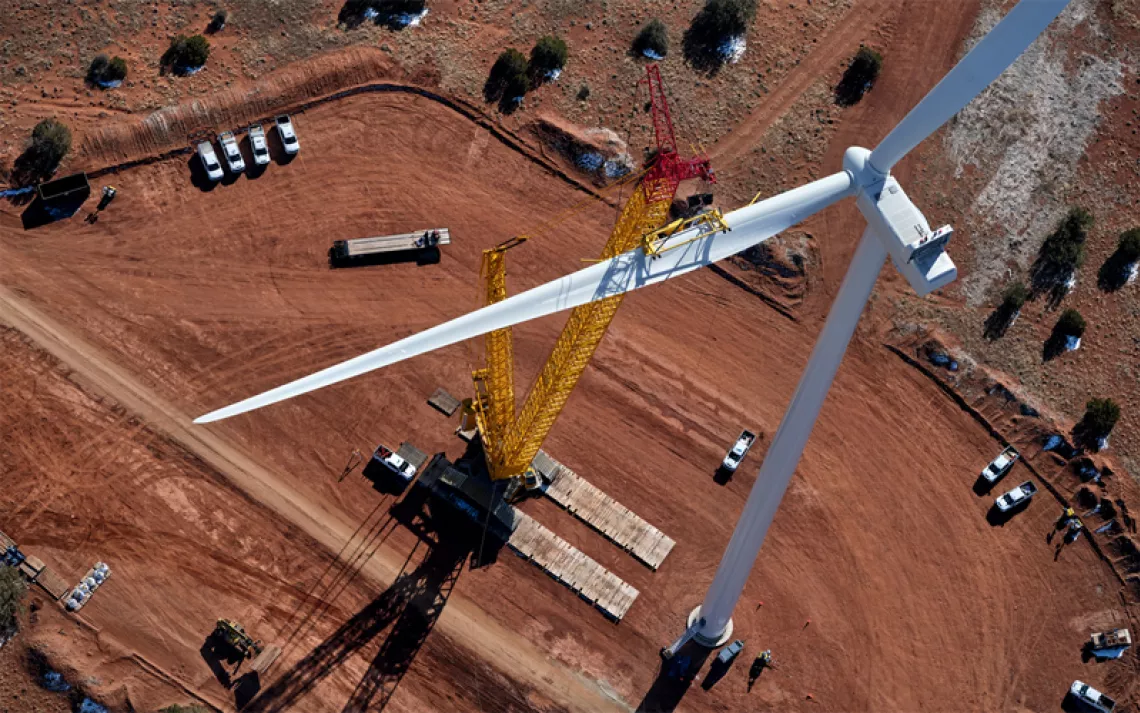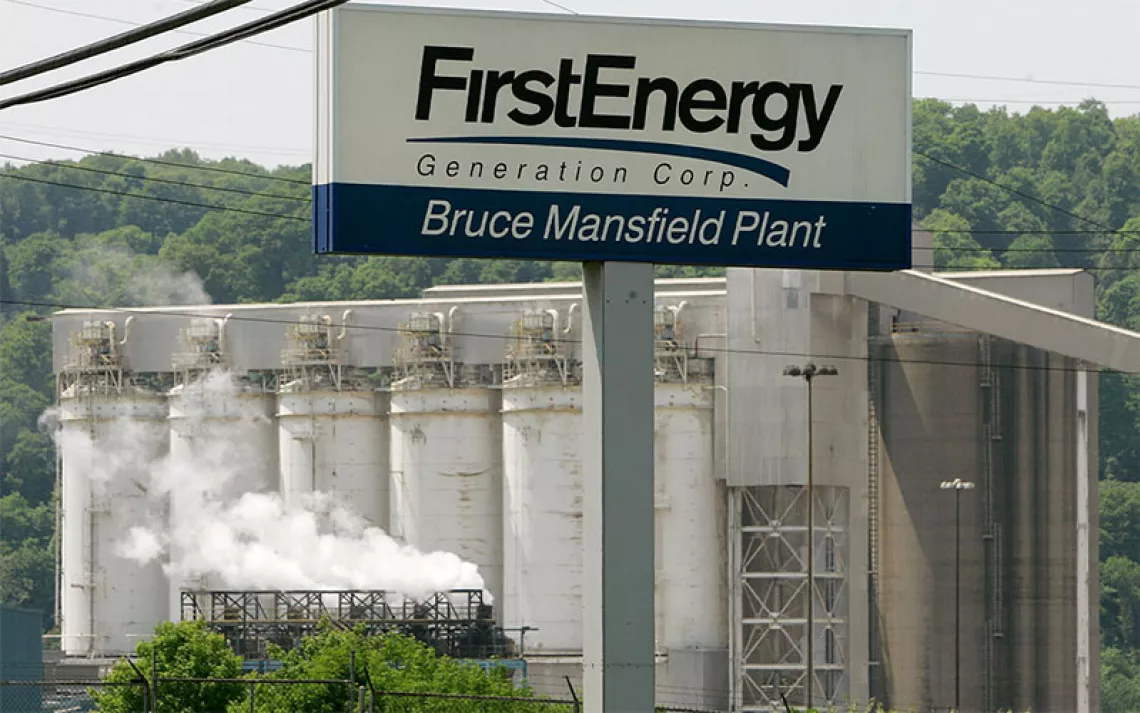Colorado Speeds Ahead With EVs
Colorado governor Jared Polis supports a statewide transition to zero-emission vehicles

Photo by ZSSP/iStock
On January 17, just 10 days after being sworn in, Colorado governor Jared Polis signed his first executive order, supporting a statewide transition to zero-emission vehicles.
State officials have set an ambitious goal: for Colorado to reach 100 percent renewable electricity by 2040. But in the transportation sector, carbon emissions are projected to continue rising through 2030. Electrifying the transportation sector is key to changing that trajectory.
The state already offers a $5,000 tax credit for the purchase of a passenger electric vehicle and is working to build fast-charging stations along major corridors, with the aim of having 940,000 EVs on the road by 2030.
Governor Polis's executive order bolsters these efforts by, among other things, creating an EV workgroup to coordinate with different government agencies and directing leftover funds from the VW settlement to the electrification of transportation, including transit buses, school buses, and trucks.
According to one study, a large-scale transition to EVs by 2050 will not only significantly reduce carbon pollution but also save Colorado's drivers $29.1 billion.
"Our governor was elected on a platform of taking action on climate change," says Emily Gedeon, conservation program director of the Sierra Club's Colorado Chapter. "On the day of the announcement, we had a parking lot full of advocates and volunteers who were really excited."
This article appeared in the May/June 2019 edition with the headline "Colorado Speeds Ahead With EVs."
 The Magazine of The Sierra Club
The Magazine of The Sierra Club



